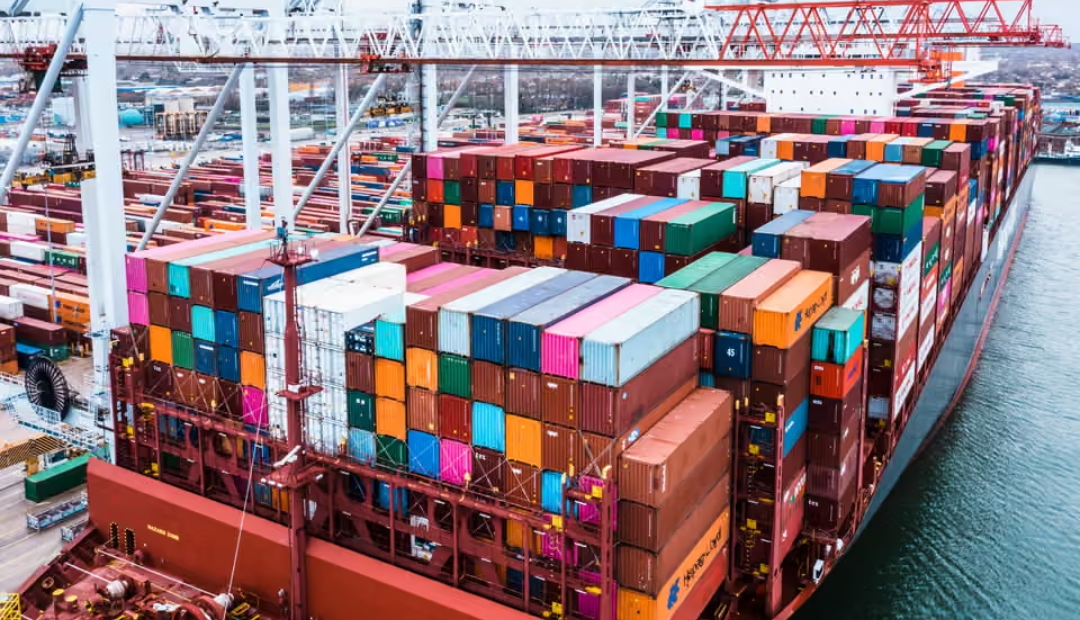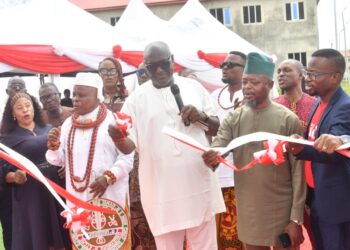Nigeria recorded a 67 per cent year-on-year surge in capital importation to $5.64 billion in the first quarter of 2025, according to new data from the National Bureau of Statistics (NBS), with the Federal Capital Territory overtaking Lagos as the country’s top investment destination.
The report, released on Tuesday, showed that total capital inflows rose from $3.38 billion in Q1 2024, and posted a marginal 0.86 per cent increase compared to the $5.09 billion recorded in the previous quarter (Q4 2024).
The capital importation was overwhelmingly driven by portfolio investments, which accounted for $5.20 billion, or 92.25 per cent of the total. Other investments stood at $311.17 million (5.52%), while foreign direct investment (FDI) remained low at $126.29 million, representing just 2.24 per cent of the total inflows.
By sector, the banking industry attracted the lion’s share, receiving $3.13 billion or 55.44 per cent of total capital imported. The financing sector followed with $2.10 billion (37.18%), while the production and manufacturing sector received $129.92 million (2.3%).
The United Kingdom emerged as the top source of capital, contributing $3.68 billion, or 65.26 per cent of total inflows. South Africa came in second with $501.29 million (8.88%), and Mauritius accounted for $394.51 million (6.99%).
For the first time since Q1 2018, Abuja overtook Lagos as the top destination for capital importation, attracting $3.04 billion, or 54.11 per cent of the national total. Lagos followed with $2.56 billion (45.44%). Other states that saw inflows included Ogun ($7.95 million), Oyo ($7.81 million), and Kaduna ($4.06 million).
In the financial services space, Standard Chartered Bank Nigeria received the highest capital inflows at $2.1 billion (37.29%). Stanbic IBTC Bank followed with $1.40 billion (24.78%), and Citibank Nigeria received $1.05 billion (18.66%).
The latest figures indicate strong investor appetite in Nigeria’s debt and equity markets, but also highlight the persistent weakness in foreign direct investment, raising questions about long-term confidence and structural economic reforms.





